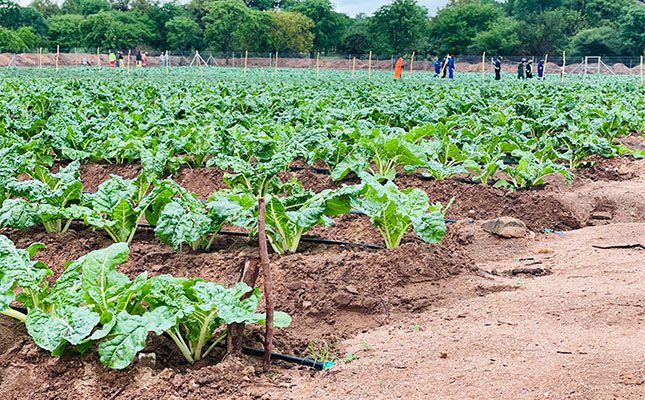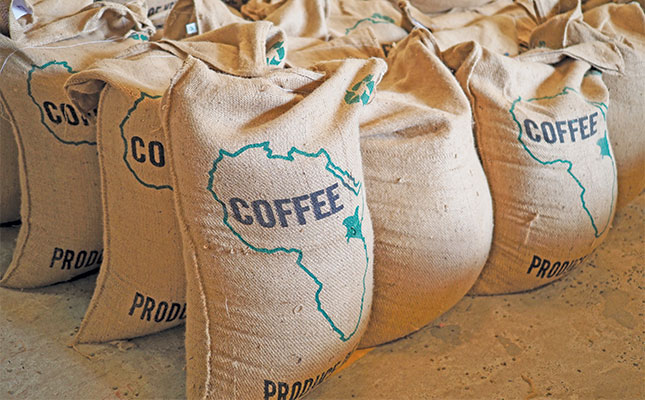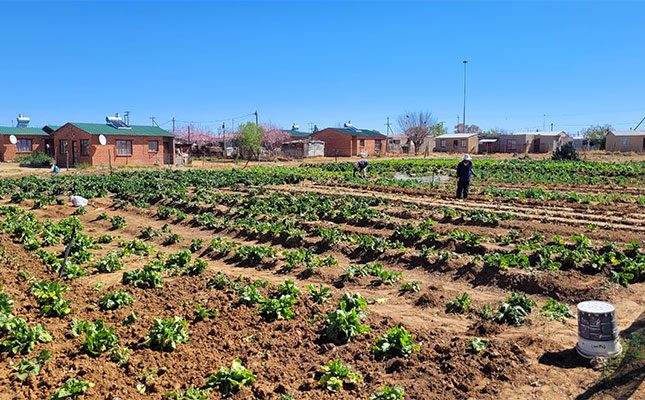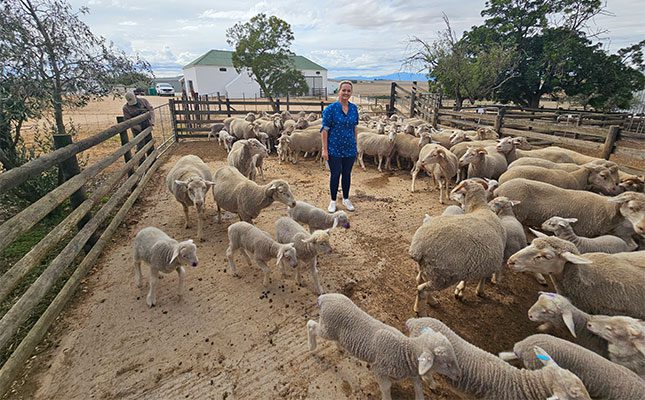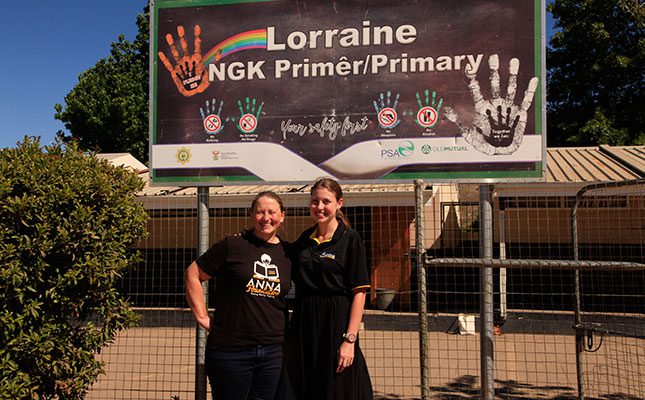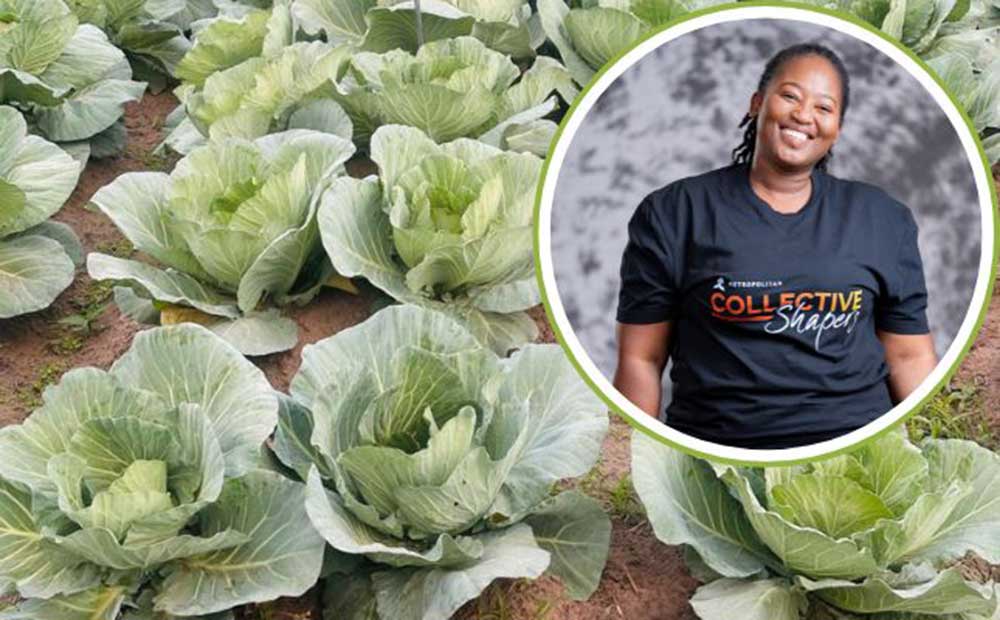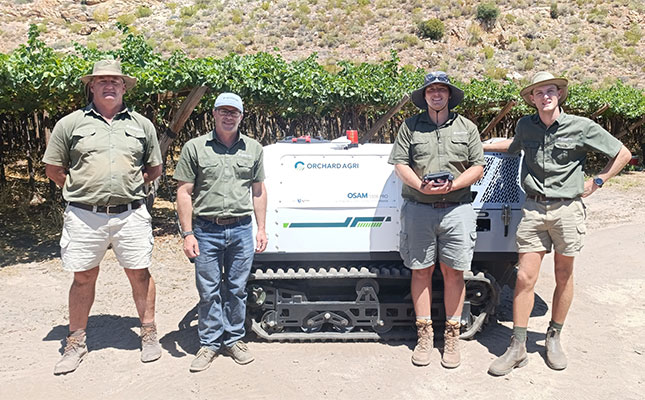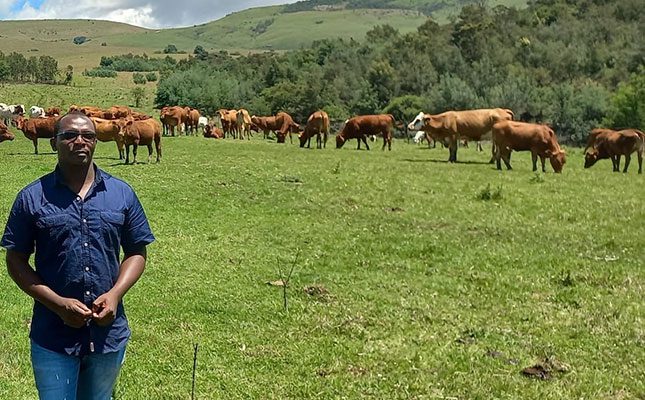
Livestock farmer Sithole, who grew up in Komatipoort, Mpumalanga, and obtained a BCom Economics degree at the University of KwaZulu-Natal, was one of the 2025 finalists in the Metropolitan Collective Shapers Programme.
When Sithole graduated from university in 2015, he stepped straight into agriculture with a clear mission and did not waste time. He leased a 714ha farm from government and began as a beef farmer, determined to build a business that was both commercially viable, and socially impactful. But it didn’t stop there.
In 2021, Sithole co-founded FieldTech Environmental solutions, an agricultural technology services company based in Howick, KwaZulu-Natal. Together with his partners, fellow agricultural graduates, they launched FieldTech to close the technology gap in rural farming, particularly in crop spraying and mechanised solutions.
“Many small-scale farmers in our communities were still using manual and outdated methods,” Thabiso points out. “We saw an opportunity to use drone technology to solve real problems – faster, safer, and with better results.”
Today FieldTech offers drone spraying, precision crop monitoring, and mobile cattle auctions to farmers across the beef, sugarcane, maize, and forestry industries. Their services help clients gain market access, reduce chemical usage, improve accuracy, and increase productivity without the high cost of owning their own drones, or traveling long distances to sell their livestock.
As the business grew, Thabiso entered the Metropolitan Collective Shapers Programme (the programme), with the aim of refining the company’s business strategy and branding. He became aware of the programme through advertisements on social media and decided to take a chance and enter.
Becoming a finalist in the programme helped FieldTech raise its profile and sharpen its business edge. “It gave us the tools to position ourselves more effectively and think more strategically about how we serve the agricultural community,” he reflects.
Safer farming
But for Sithole, FieldTech is about more than just business. It is about making farming safer – and even saving lives.
“In sugarcane farming, farmers often use chemicals that are harmful if inhaled or absorbed through the skin,” he explains. “Traditionally, farm workers had to walk through the fields spraying these chemicals by hand. It’s dangerous and exposes them to serious health risks.”
FieldTech’s drone spraying technology now takes over that job – keeping workers out of harm’s way.
They market the products on their website, with billboards next to the local road, product pamphlets, as well as through networking and presentations at farmers days.
One of the biggest hurdles they have to cross, is securing adequate capital to expand the business.
“The cost of infrastructure and livestock processing expansion are substantial. We are struggling to obtain additional finance to purchase new equipment and to expand,” he adds.
“The programme definitely has an impact on entrepreneurs as we improve our skills, and are thus able to contribute more to our local community’s economy.”
Looking ahead
Sithole envisions FieldTech becoming a hub for precision agriculture in KZN, providing equipment, services, and training across the province. With plans to invest in meat processing and an equipment hire hub, FieldTech is not only creating jobs but driving rural economic development from ground-level upwards.
“Our aim is to modernise agriculture while protecting people and the environment,” says Sithole. “Technology is not just for the future – it is for the present, and we’re using it to change lives.”
With drones in the sky, boots on the ground, and vision in his heart, Sithole is shaping a new chapter in South African farming; one field, one farm, one innovation at a time.
Get trusted farming news from Farmers Weekly in Google Top Stories.
➕ Add Farmers Weekly to Google ✔ Takes 10 seconds · ✔ Remove anytime
